Top Guide: The success of the “Year of Return” campaign, which brought nearly USD2 billion to Ghana, has spurred the launch of “Beyond the Return,” which is based on seven major pillars. How would you evaluate its implementation so far?
Akwasi Awua Ababio: “Beyond the Return” is indeed anchored on seven major pillars. “Experience Ghana” encourages visitors, from the diaspora and beyond, to explore Ghana’s many attractions, including its rich culture, the warmth of its people and many natural wonders. “Invest in Ghana” invites the diaspora to take advantage of the many exciting economic opportunities that the country has to offer. The “Diaspora Pathway to Ghana” emphasises the opportunities for people in the diaspora to not just come to Ghana, but to take advantage of the special access to citizenship that is offered them so they can reclaim their natural heritage and the full advantages of being Ghanaian. Another pillar is “Celebrating Ghana,” which highlights the joys and opportunities that this country has to offer. With “Branding Ghana,” we are focusing on telling the Ghanaian story, of selling ourselves and what we stand for in the most compelling manner. The Ghanaian diaspora is well noted for its generosity and philanthropy so with “Give Back Ghana,” we are talking about this this and encouraging more of such actions. Finally, Ghana has an unarguable leadership role in Africa and the pan-Africanist movement, right from independence and the days of the first President. This spirit is still alive in our current leader, His Excellency President Akufo-Addo and in all of us. So with the final pillar, we want to showcase Ghana’s role as the “Gateway to Africa” while recalling our leadership role in the continent and renewing the push for pan-Africanism.
So broadly speaking, what we are hoping to do is to consolidate the gains we made in the Year of Return, which was a one-year project from January to December 2019. After that, we want to see where we are where we are going, particularly in terms of the diaspora community. We know how the Year of Return resonated across the world and we want to put in place things that can stand the test of time that we can look back on as concrete testaments to the success we had with that initiative. So Beyond the Return enables us to concentrate on the economic and development side of the project.
In terms of measurement of our success, what we have now is a permanent body in place to oversee this venture. I was privileged to be here from the initial stages and for the two years since. Obviously, we were frustrated by the pandemic so now we are trying to rekindle the spirit of the initiative. We have now formed three sub-committees which are looking at the various approaches that we will employ to achieve our goals. One of these is the education committee, which I am personally leading.
That committee is looking at how we can sensitise the public, here and abroad to embrace the reintegration of the diaspora community and the opportunities that will come with it.
Top Guide: How successful do you think your office has been in attracting and retaining the interest of Ghanaians abroad in the government’s economic transformation agenda?
Usually, I would prefer for others to make the judgment on this but if you ask me, I would say that we have been very successful in prosecuting the agenda we were set up to do. Prior to this office being set up, there was a diaspora bureau within the Ministry of Foreign Affairs, which later became a unit, because this office took over the leadership and coordination of the diaspora agenda. Since then, this office has been able to focus the public’s attention on the role that the diaspora plays and can play in national life and how important it is to harness that potential. For two years, we were able to organise the Homecoming Summit, which shone a spotlight on and celebrated the contributions of the diaspora community. From Tetteh Quarshie bringing cocoa back to Ghana through Kwame Nkrumah and others coming back to fight for independence to people like Dr Awuah to set up Ashesi to make an impact in education, diasporans have always played critical roles in the country. These contributions have been brought into sharper focus through the efforts of this office. In addition, we are also supporting with policy formulation and implementation, such as the
Diaspora Engagement Policy which, though yet to be approved officially, informs the approach by many agencies of government. Again, we were able to assist some people to acquire citizenship, some of whom had been waiting for almost twenty years. At the climax of the Year of Return, one hundred and twenty-six of them realised this dream. We are not stopping there. The President had said he wanted double of that number so we are working on making sure that happens soon. We are also engaging directly with the youth to see how they can participate in the process. We are looking at how some of them can come and do internships or national service in Ghana. For the older generation who would want to build their retirement homes in Ghana, we are engaging with traditional leaders who are giving away free land for development to make some available to them.
Top Guide: How have Ghanaians in the diaspora themselves responded to your efforts?
Akwasi Awua Ababio: I think the numbers coming into the country are a fair indicator of their response. Every day, we have people coming to this office to ask for assistance to start something or the other – both people of African descent in the diaspora and Ghanaians returning with skills and investment. The entertainment community is seeing a lot of people coming back to help build the industry. We are seeing similar patterns in the hospitality industry. It is the same with ICT, where the government’s digitalization policy is driving a lot of interest. I should point out also, that the government’s decision to allow members of the diaspora to play key roles in the administration has been very helpful. We are bringing our abilities to areas such as railways, insurance, pensions and industry. A lot more have also gone into private enterprise, where they are using their insight and experience to drive innovation, solve problems and create jobs and wealth. This chimes in with the government’s own intentions to promote private sector participation in the economy. It is encouraging to see that government is reviewing the regulatory framework so that more people can do that. Digitalisation is also very important and people in the diaspora are responding positively to it. For example, people are now able to register their businesses even before they come into the country. There is more we can do though, for example, by revising some of the rules that prevent our compatriots who may have taken up citizenship in other countries from taking up certain positions and this office is looking to see how we can make the necessary amendments so that we can play effective roles at whatever level we are capable of.
Top Guide: Can you tell us about the Diapora Engagement Policy? What does it entail, what are its major objectives and how far have you come in its implementation?
Akwasi Awua Ababio: This policy began with the previous administration and we are keen to continue with it. It is supposed to guide our engagement with the diaspora. How, for example, we go about extending the rights and obligations that Ghanaians have to our diasporan brothers and sisters. It also deals with how the homeland can engage with people in their adopted countries so they always feel welcome here and do not lose their
heritage. The policy comes with an action plan setting out what various government agencies have to do to promote diaspora engagement. There are also some government agencies, like the Ghana Investment Promotion Council, which have in-house diaspora units to promote their interests within those sectors. We are looking at having similar units at the Ministries of Finance and Interior, Ghana Immigration Service and others. So all these organisations are working hard to see how they can promote the diaspora agenda. We are hoping that the official document, which we have already reviewed in partnership with the Centre for Migration Studies at the University of Ghana, will soon receive official approval so that we can have a uniform approach.
Top Guide: After the frustrations that COVID-19 brought to every country and every sector of the economy and which also affected your plans
in the wake of the Year of Return, how are you planning to regain the momentum for “Beyond the Return”?
Akwasi Awua Ababio: A lot of the things we are doing now as a government and as a country are already indications of how we are doing that. The President was recently in London to launch Destination Ghana, for example. With time, I think the results will become evident and people will see how successfully we have been able to rekindle and get back on track. A lot of the things that we do required people to gather together, which was not possible during COVID, so now that it is receding, we can get back to some of these activities that we have not been able to undertake. Recently, in collaboration with GIPC, we undertook an investment drive in the United States. The next focus will be on Europe. We are also planning to go to other parts of Africa to see how the continental diaspora can also be mobilised for the good of our country.
Top Guide: What role, if any, will your office be playing in the Destination Ghana initiative?
Akwasi Awua Ababio: Destination Ghana is a policy and project for the Ministry of Tourism and the Ghana Tourism Agency. The great thing about it is that it is reaching beyond the diaspora community to invite everyone to come and experience Ghana and take advantage of the many opportunities that we have. However, there is always a role for the diaspora and we will be supporting it so far as members of the community are concerned.


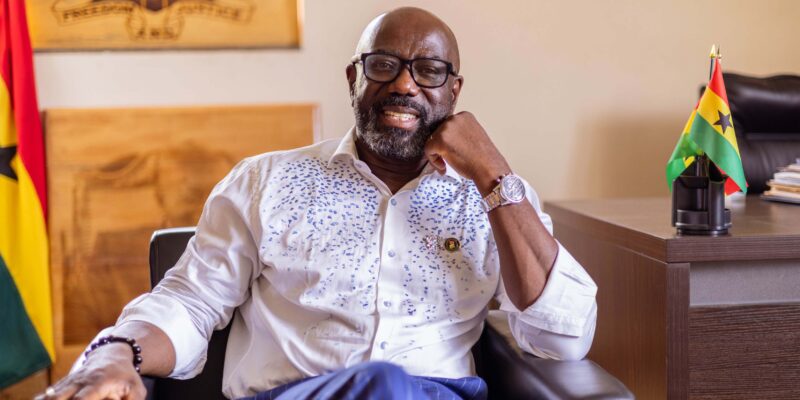
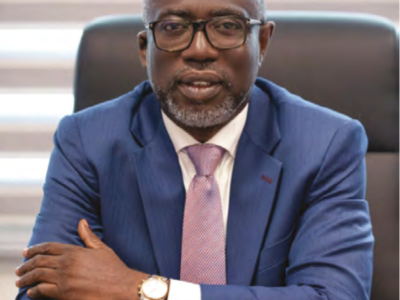
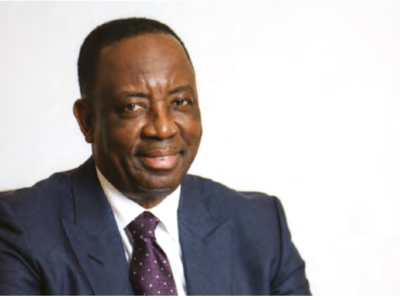
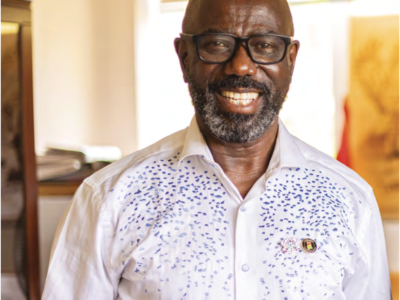
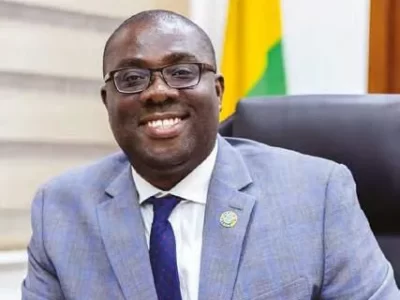

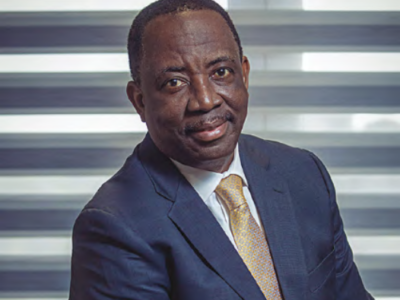
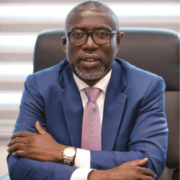
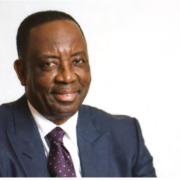
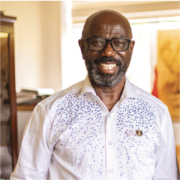

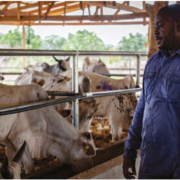
Comments